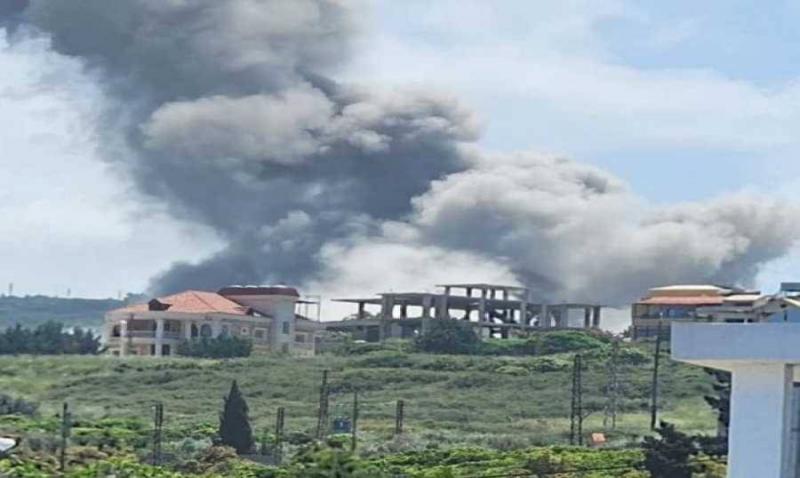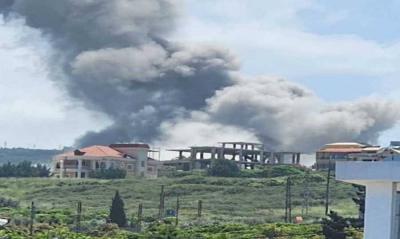Recent military developments in southern Lebanon have prompted renewed communications between U.S. envoy Amos Hochstein and Lebanese officials, who are monitoring the ceasefire efforts in the south and preparing for a new phase based on a diplomatic agreement, as reported by "Al-Modon." It is known that direct communication between Hochstein and Speaker of the Parliament Nabih Berri is continuous, as well as with Deputy Speaker Elias Bou Saab. Hochstein had initially planned not to take action before a ceasefire in Gaza, having been informed by Hezbollah that there would be no halt to their support front as long as the war on Gaza continues.
However, escalating military developments have led to intensified communications in recent days in search of de-escalation. In this context, reports have emerged about Hochstein considering a new visit to the region, including Lebanon, aimed at preventing further escalation or, at the very least, restoring engagement rules. This echoes a previous visit by the U.S. envoy to Lebanon, where he called for limiting confrontations to a distance of no more than 5 kilometers. Recently, however, the range of clashes has expanded significantly.
Of course, the U.S. strategy of waiting for the war in Gaza to end faced clear French objections. The French have intensified their messages to the Lebanese about the necessity of addressing the matter quickly and not waiting for the Gaza war because diplomatic efforts may fail if the confrontations prolong, and because Israel may escalate its military operations to the brink of war or "combat days."
Nonetheless, Lebanon has maintained its position, aligned with Hezbollah's stance and Speaker Nabih Berri's. The French remain concerned about the deteriorating situation. In this context, French envoy Jean-Yves Le Drian visited Washington and met with envoy Amos Hochstein as part of joint efforts to prevent escalation.
Following this visit, the French made adjustments to their initiative, removing phrases about "Hezbollah's withdrawal from southern Litani." The French initiative has now aligned with the U.S. initiative, which outlines the implementation of Resolution 1701 in three phases.
Diplomatic efforts do not seem to have succeeded in controlling the dynamics of confrontations. Therefore, discussions have resumed about the potential of Hochstein making his visit, which would aim to reduce the level of confrontation rather than expand it, especially in light of Israel’s actions that have exceeded engagement rules and intensified strikes deep into Lebanese territory, while Hezbollah has shot down several drones with surface-to-air missiles, clearly indicating its capability to escalate confrontations.
According to information, Hezbollah has sent messages and taken measures that suggest it is transitioning to a new phase of confrontations if Israeli escalation continues. Furthermore, Hezbollah retains many surprises prepared for the Israelis should they expand their operations.
This marks a new round of competition between diplomatic efforts to contain the escalation and the widening scope of confrontations, against the backdrop of increased Israeli threats regarding the approach of the "decisive hour on the northern front," and the possibility of a decision to escalate military engagements. This is what neither the U.S. nor Hochstein specifically desires, as he will seek to reduce confrontation levels and reintroduce discussions about developmental and economic incentives, as well as ways to provide aid for reconstruction and investment in Lebanon's oil and gas sectors, which Hochstein views as the essential gateway to establishing stability, according to "Al-Modon."




